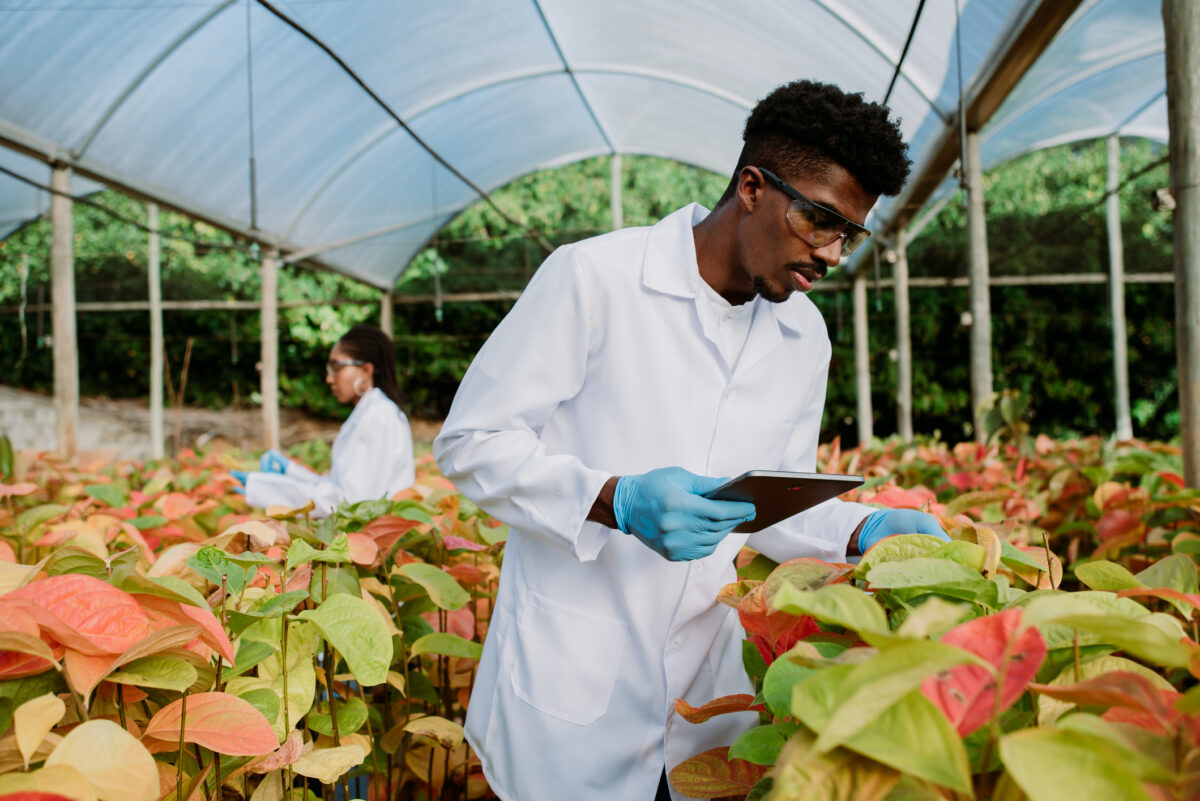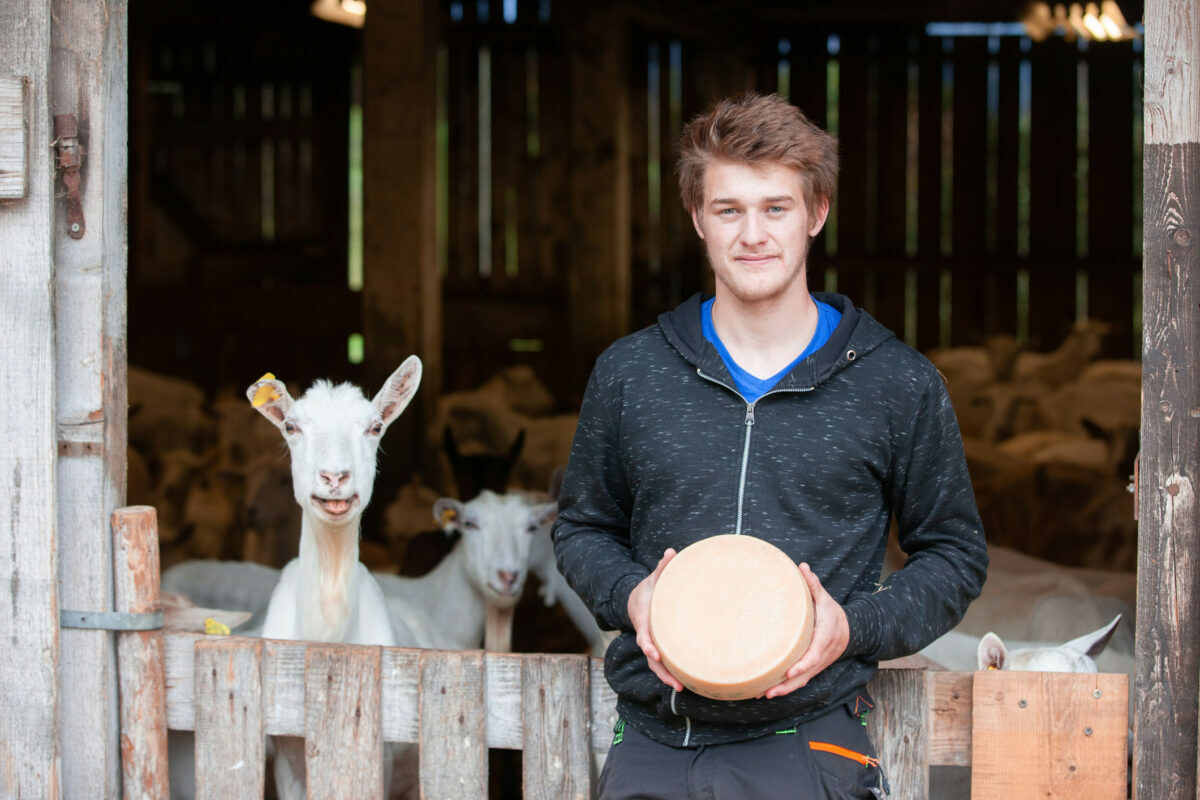Green Jobs: what does a Sustainability PR do?

Being a public relations manager is a great way to make sure the world knows – and is just as excited by – sustainable brands, events and people as you are. In a world where so many issues stem from overconsumption, your role is to help people consume more ethically, and give them the tools to make sense of the world around them, when everyone and everything is vying for attention.
Annie Edney is a PR and the founder of plant-based PR agency Vejie Media. “Our job essentially is to tell brand stories in a way which make people listen, think and hopefully resonate,” she says.
As with other communications roles (like environmental journalism) many people working in PR tend to find their niche over time. While you might start out working in more general areas, as you build up a knowledge of the industry, brands and clients, you can begin to specialise. Just because you start out in general corporate communications for example, doesn’t mean you won’t eventually find your niche in something more sustainable further down the line.
Annie, for example, started out her career in lifestyle and travel PR. “I said yes to almost any work opportunity that came my way, which led to spreading my attention across festivals, events, food, lifestyle and travel.”
What are the job responsibilities?
- Thinking up, planning and executing publicity strategies and campaigns
- Composing press releases and other promotional materials
- Liaising with journalists, pitching potential story ideas involving clients and thinking up innovative ways to get them spoken, thought and read about
- Organising and attending promo events
- Client care, making sure they understand how the PR process works and what is expected on them
Who might your employers be?
With so many people wanting to switch up their habits to live more sustainably, there is more call for sustainability and plant-based-focused PRs than ever before. There are several spaces in which you might be employed. Many PRs find work within an agency, where they handle a select number of client accounts on their own or as part of a small team. Meanwhile some work within a business’s internal communications team.
Others work on a freelance or consultant basis with a few brands. This is how Annie began Vejie. “At first, I wasn’t sure how to get started, but as I had already worked with two drink brands on a consultancy basis, I put together two strong case studies and pitched my services to similar brands,” she says. Annie now works with brands including Good Hemp, Easy Jose, Willicroft, PerfectTed, Notorious Nooch, Kyoot.
What qualifications do you need?
To follow this career path, the most obvious route to take is to study public relations at university. However, there are several communications-adjacent courses which provide a good knowledge base:
- Journalism
- Advertising
- Media studies
- Marketing
Others might choose to do a more general degree and then specialise at Master’s level. Good building blocks for this route include degrees in politics, history, English literature or a foreign language.
Work experience is key. Many employers value industry experience just as highly as a degree in a relevant field. For this reason, several universities in the UK offer sandwich options for public relations courses. These include:
- Public Relations (PR) and Marketing Management – BA (Hons) Degree at Cardiff Metropolitan University
- Communications and Public Relations – BA (Hons) Degree at University of Lincoln
- Media and Communications – BA (Hons) BA Hons Degree at University of Greenwich
If university isn’t for you, there are other ways to get into the industry. The PRCA – the world’s largest PR professional body – offers apprenticeship help, connecting interested parties with agencies offering spaces. Additionally, this programme guarantees paid placements, and on-the-job training and assessments.
What is the salary like?
The starting salary for a PR is dependent on what sort of company you’re working for and where you’re working. Prospects lists starting salaries as usually sitting between £18,000 and £24,000. Senior PR managers can usually expect to earn between £25,000 and £40,000. At the highest end of the scale, some PR positions, like Director or Head of Corporate Affairs, can be as much as £100,000 – however given that most plant-based- and sustainability-focused brands are quite small, this is less likely.
Where will you be working?
One of the benefits of PR work is its varied nature. While many PRs are office based, there is usually capacity to work from home. However, many of your daily responsibilities could see you working well beyond your office – from taking clients out for lunch meetings and catching up with journalists over coffee, to visiting brand HQs and touring innovative labs.
What’s the career progression like?
It is common to begin working in PR in a junior role, perhaps not even related to sustainability or plant-based commerce. However, as you mature in the industry, the possibility for progression is high. Many PRs work their way up in one company, while others find new, more specialised roles elsewhere.
Others still, like Annie, go on to establish their own agency. While this might seem daunting at first, she says it one of the best decisions she has ever made. “I think that’s quite a common misconception for anyone before they decide to go niche on their services and/or who they work with, but in the long run, I believe it’s one of the best decisions you can make for your business or career,” she says.
Is there demand for this job?
With such a growing interest in plant-based and protein companies – alternative protein companies acquired a huge £3.72 billion in investments in 2021 – as well as sustainability in general worldwide, the demand for communications surrounding these kinds of brands isn’t going anywhere. Vejie, for example, was founded just before the current plant-based boom. “Many of the brands you see popping up today weren’t available back then. It’s been fascinating watching how the sector has evolved.” Annie says.
“I think through the pandemic people naturally became more curious and had time to experiment with food more, contributing to the plant-based movement,” she adds.








